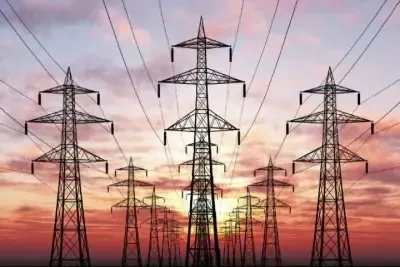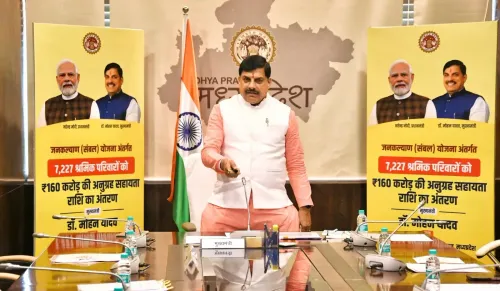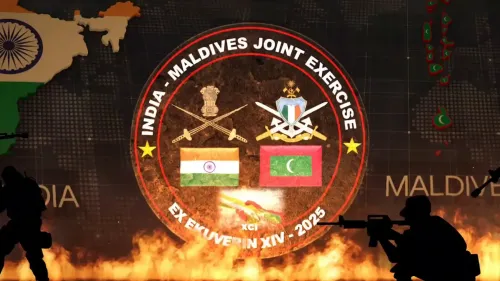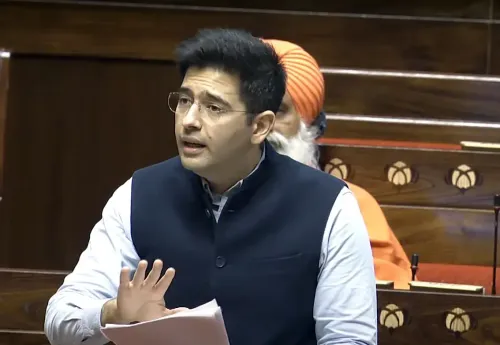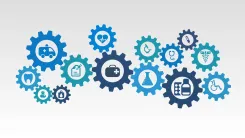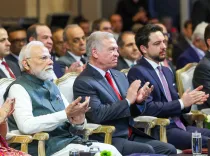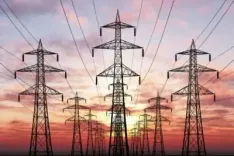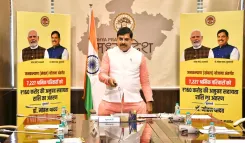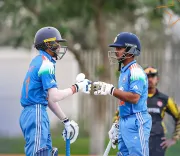Is the Centre Strengthening Weights and Measures Verification to Safeguard Consumers?
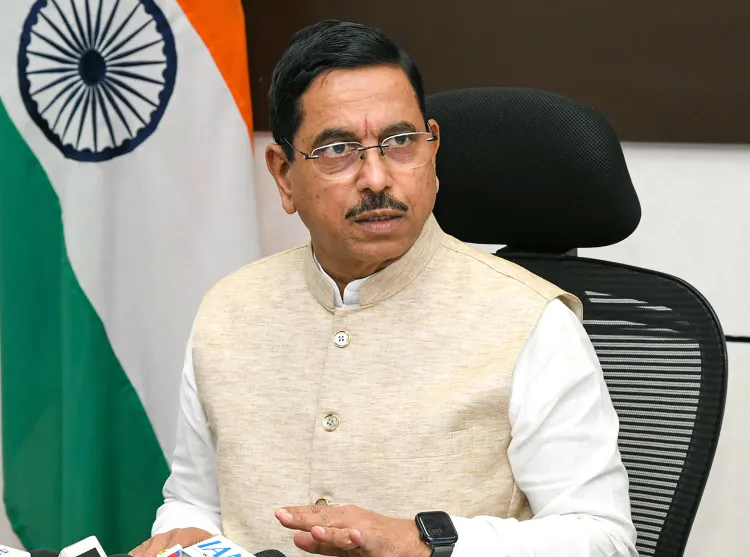
Synopsis
Key Takeaways
- Expanded Scope: GATCs now cover 18 categories of measuring instruments.
- Consumer Protection: Enhanced measures ensure accurate measurements and consumer confidence.
- Private Participation: Inclusion of private laboratories boosts verification capacity.
- Atmanirbhar Bharat: Promotes indigenous testing and self-reliance.
- OIML Certification: India can now issue globally recognized certificates.
New Delhi, Oct 30 (NationPress) The Department of Consumer Affairs has announced significant changes to the Legal Metrology (Government Approved Test Centre) Rules, 2013. This marks a pivotal development in enhancing India’s verification framework for weights and measures, ensuring transparency, accuracy, and fairness in trade, according to an official statement released on Thursday.
The updated rules are designed to fortify consumer protection, facilitate ease of doing business, and align India’s verification system with international best practices, the statement noted.
The revisions significantly expand the scope of Government Approved Test Centres (GATCs) to include 18 categories of weighing and measuring devices, such as water meters, energy meters, gas meters, clinical thermometers, moisture meters, flow meters, sphygmomanometers, and non-automatic weighing instruments.
The addition of categories like flow meters, breath analysers, multi-dimensional measuring instruments, and speed guns showcases the government’s commitment to adapting to evolving technologies and industrial demands.
These instruments are crucial in sectors such as healthcare, transport, energy, and infrastructure, where accurate measurement directly affects safety, quality, and consumer confidence. Including private laboratories and industries as GATCs, alongside government facilities, will enhance verification capacity, increase accessibility, and decrease waiting periods for industries, according to the statement.
This initiative aligns with the government’s vision of Atmanirbhar Bharat by fostering local testing capabilities and leveraging public-private partnerships to expand the national verification network. The recognition of Regional Reference Standard Laboratories (RRSLs) and National Test House (NTH) laboratories as deemed GATCs ensures a comprehensive national framework for consumer-facing instrument verification.
Routine and decentralized verification of weighing scales, water meters, energy meters, etc., will significantly reduce the risk of inaccurate measurements, ensuring consumers receive full value for their purchases. The amendments will enhance the efficiency of State Legal Metrology Departments by allowing GATCs to handle verification tasks, enabling State Legal Metrology Officers to focus more on inspections, enforcement, and addressing consumer complaints.
The updated Rules introduce clarity regarding jurisdiction, allowing GATCs to verify instruments within districts and across the state, while also standardizing verification fees through a new Fifth Schedule. The process for GATC recognition has been streamlined, requiring applications to be submitted to the Joint Secretary of the Department of Consumer Affairs in a specified format.
The regulations also outline clear criteria for inspections, staff qualifications, and technical requirements, along with digital payment options for fee submissions. This transparent and organized approach is expected to lessen compliance burdens, accelerate service delivery, and build greater confidence among industry stakeholders.
Union Minister of Consumer Affairs Pralhad Joshi remarked, “The amendment to the Legal Metrology (Government Approved Test Centre) Rules is a significant advancement toward modernizing India’s legal metrology landscape. It empowers industry participation, ensures precise measurements for consumers, and bolsters the capabilities of our enforcement officials. With this reform, India is establishing a transparent, technology-driven, and self-reliant measurement verification system that enhances fairness in trade and safeguards consumer rights.”
As an OIML Certification Authority, India now possesses the ability to issue globally recognized OIML certificates, facilitating domestic manufacturers in obtaining certification without relying on foreign authorities. This will lower costs, save time, and enhance India’s competitiveness in the international measurement instrument market, the statement concluded.


